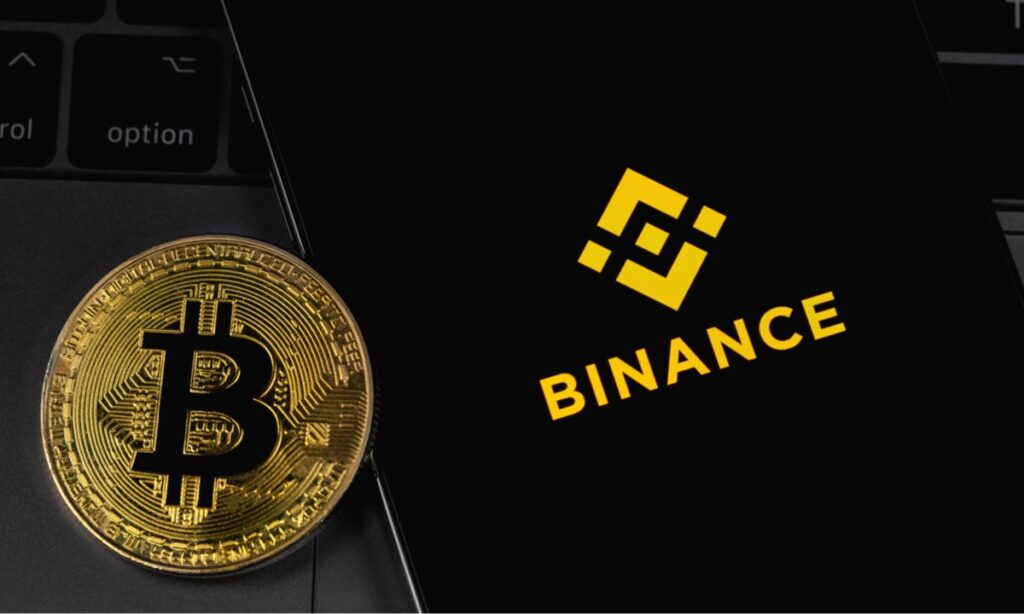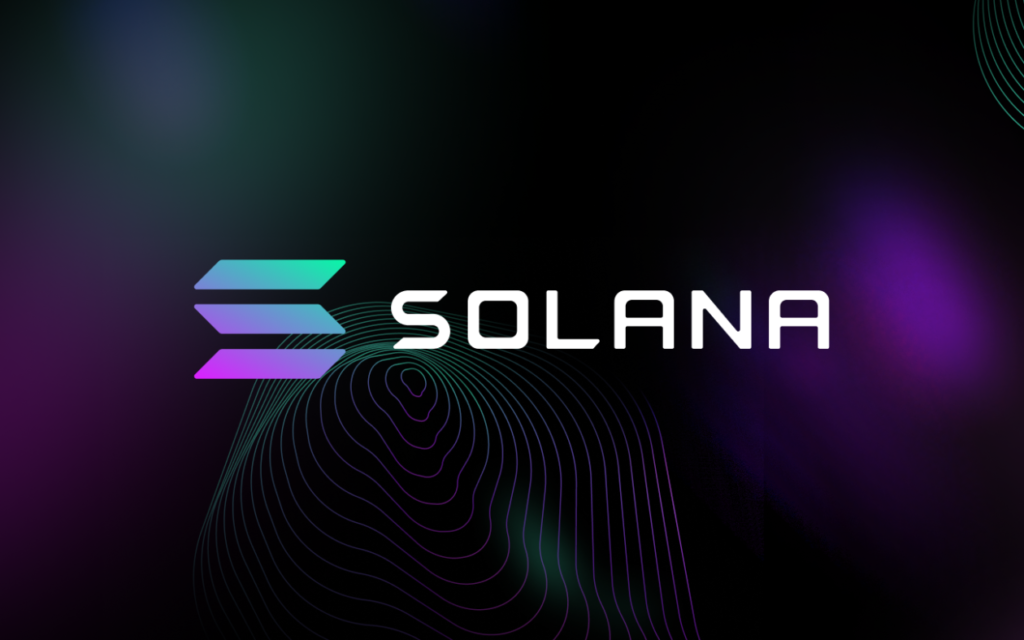The cryptocurrency market has witnessed a remarkable increase in the value of insurance funds held by top crypto exchanges, growing by over $1 billion amid an ongoing bull market.
The Secure Asset Fund for Users (SAFU) of Binance, a leading crypto exchange, now boasts a balance exceeding $2.03 billion, up from $1 billion in January 2022.
This surge is attributed to the appreciation of Bitcoin, BNB, Tether, and TrueUSD balances within the fund.
Another exchange, Bitget, reported its protection fund growing from an initial $300 million in November 2022 to $612 million, propelled by the significant gains in Bitcoin value, which rose by 136% in the past year, alongside a 79.36% increase in BNB.
Crypto exchanges often provide some insurance protection for their users, but only a few like Binance and Bitget have made their on-chain addresses public.
In 2019, Huobi (now HTX) announced a substantial reserve of 20,000 BTC ($1.32 billion) for extreme security situations, though current details of this reserve are not disclosed.
The past year also saw HTX face several security breaches resulting in substantial financial losses.
OKX operates a $700 million “Risk Shield” for user protection, but the composition of this fund in terms of tokens, stablecoins, or fiat money remains unspecified.
The approach to insurance varies among exchanges; for instance, Coinbase’s insurance coverage is dependent on the customer’s location and the nature of the held assets, either fiat or crypto.
The transparency of insurance funds is a critical issue, with some exchanges hesitant to disclose on-chain addresses due to cybersecurity concerns or potential deceit, as was the case with the now-defunct FTX.
Gary Wang, FTX’s former chief technology officer, admitted to authorities that the exchange’s advertised $100 million insurance fund in 2021 was non-existent, showcasing the potential for misinformation.
Furthermore, on-chain addresses provide limited insight, excluding off-chain liabilities, an important consideration for understanding an exchange’s financial health.
Some regions, like Hong Kong, have introduced regulations mandating crypto exchanges to insure users’ assets, covering up to 50% of both fiat and crypto holdings, underscoring the growing emphasis on investor protection in the crypto space.
To submit a crypto press release (PR), send an email to sales@cryptointelligence.co.uk.












